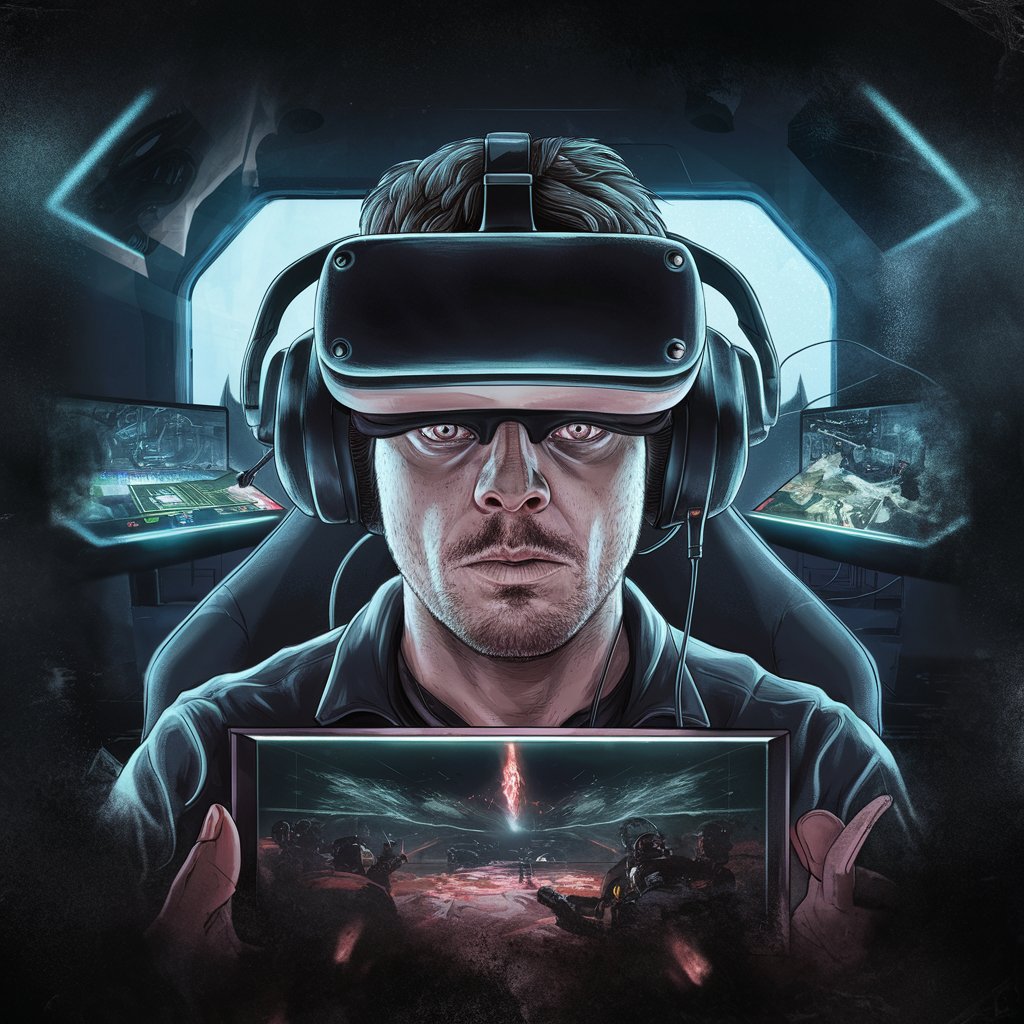Virtual reality (VR) is making significant strides in competitive gaming, offering unprecedented levels of immersion and interaction. As VR technology continues to evolve, it’s crucial to explore its psychological impact on competitive gamers, as this can greatly influence performance, mental health, and overall gaming experience.
One of the most profound psychological effects of VR on competitive gamers is the enhanced sense of presence and immersion. Unlike traditional gaming setups, VR places players directly into the game environment, creating a sense of being physically present within the virtual world. This heightened immersion can lead to more intense emotional responses, both positive and negative. For instance, the realistic simulation of high-stress situations can heighten adrenaline levels and increase engagement, but it may also contribute to heightened anxiety or stress. Gamers may experience stronger emotional reactions to in-game events, which can impact their decision-making and performance under pressure.
Additionally, the immersive nature of VR can alter spatial awareness and cognitive processing. In VR environments, players navigate and interact with a three-dimensional space, which can enhance spatial memory and coordination. This spatial engagement can lead to improved reaction times and strategic thinking, providing a competitive edge. However, it also presents challenges such as disorientation or difficulty transitioning back to traditional gaming setups, which may affect a player’s adaptability and cognitive flexibility.
The social dynamics of competitive gaming are also influenced by VR. In virtual environments, players often interact with others in more lifelike and dynamic ways. This can enhance team communication and collaboration, as players can use body language and non-verbal cues to convey information and coordinate strategies. However, VR can also introduce new social challenges, such as potential issues with virtual identity and social interaction. Gamers may experience difficulties distinguishing between their virtual and real-world identities, which can impact their social interactions and mental well-being.
Another critical aspect to consider is the potential for VR-induced motion sickness. The disconnect between physical movement and virtual movement can lead to discomfort or nausea for some players, which can affect their gaming experience and performance. Addressing these issues is essential for maintaining player comfort and ensuring that VR remains a viable and enjoyable medium for competitive gaming.
The psychological impact of VR on competitive gamers also extends to the broader context of mental health. While VR can provide immersive and engaging experiences, the intense focus required for competitive gaming can lead to burnout or fatigue. Balancing gaming with real-life responsibilities and maintaining a healthy lifestyle is crucial to mitigating these effects. Gamers and industry professionals alike should be mindful of the importance of mental health and implement strategies to promote well-being.
In summary, the psychological impact of VR on competitive gamers is multifaceted, encompassing enhanced immersion, changes in spatial awareness, social dynamics, and potential physical discomfort. As VR technology continues to advance, understanding these psychological effects will be essential for optimizing both gaming performance and player well-being. By addressing these factors, the gaming community can better support competitive gamers and ensure that VR remains a positive and enriching experience.

